Coca-Cola Defends Use of Corn Syrup Amid Trump’s Cane Sugar Deal Claims
July 17, 2025 — Atlanta, GA
The Coca-Cola Company issued a firm statement today defending its continued use of high-fructose corn syrup (HFCS) in U.S. production after former President Donald Trump claimed in a televised interview that he had “struck a deal” during his administration to replace corn syrup with “pure cane sugar” in American sodas.
“I made sure Coca-Cola and the others went back to real sugar. We brought back the taste people love,” Trump said during an appearance on The Real America podcast. “No more that corn syrup junk—it was part of our America First plan.”
In response, Coca-Cola clarified that no such agreement exists and that its U.S. product formulation remains unchanged.
“Coca-Cola’s ingredient decisions are guided by consumer preference, supply chain availability, and regulatory compliance—not political claims,” said a spokesperson for Coca-Cola North America. “While we offer cane sugar formulations in some markets, our classic Coca-Cola sold in the United States continues to be made with high-fructose corn syrup.”
Corn Syrup vs. Cane Sugar: The Ongoing Debate
The HFCS-versus-cane sugar debate has long been a hot-button topic among health advocates and nostalgic soda drinkers. Many consumers believe that Coca-Cola made with cane sugar—popular in Mexico and limited-run “Heritage” editions in the U.S.—tastes smoother or more natural. However, the FDA classifies HFCS and cane sugar as nutritionally equivalent, and major beverage companies cite cost and availability as factors in their U.S. formulations.
“There is no scientific consensus that cane sugar is healthier than HFCS,” said Dr. Lillian Boyd, a nutrition policy expert at Emory University. “This remains more about perception and branding than public health.”
Political Flavor?
Trump’s comments appear to align with a broader populist narrative emphasizing “real ingredients” and “American-made quality.” However, former USDA officials say no directive, tariff shift, or trade deal in the Trump era mandated or incentivized a move to cane sugar in soft drinks.
“Any claims about a sugar policy change affecting Coca-Cola’s formulation are false or dramatically overstated,” said a former senior advisor at the U.S. Trade Representative’s office.
Coca-Cola’s Global Strategy
While HFCS remains the U.S. standard, Coca-Cola does offer cane sugar versions in multiple global markets, particularly in Latin America, Europe, and Asia. Seasonal U.S. releases of “Mexican Coke” in glass bottles—made with cane sugar—continue to perform well in specialty retail and nostalgic product lines.
Coca-Cola’s stock remained flat on the day following Trump’s remarks, with analysts suggesting the controversy may stir short-term media attention but little real impact on consumer behavior or policy.
About Coca-Cola
Founded in 1886, The Coca-Cola Company is a global beverage leader with more than 500 brands sold in over 200 countries. Its product formulations vary by region in accordance with local tastes and regulations.
Share this content:
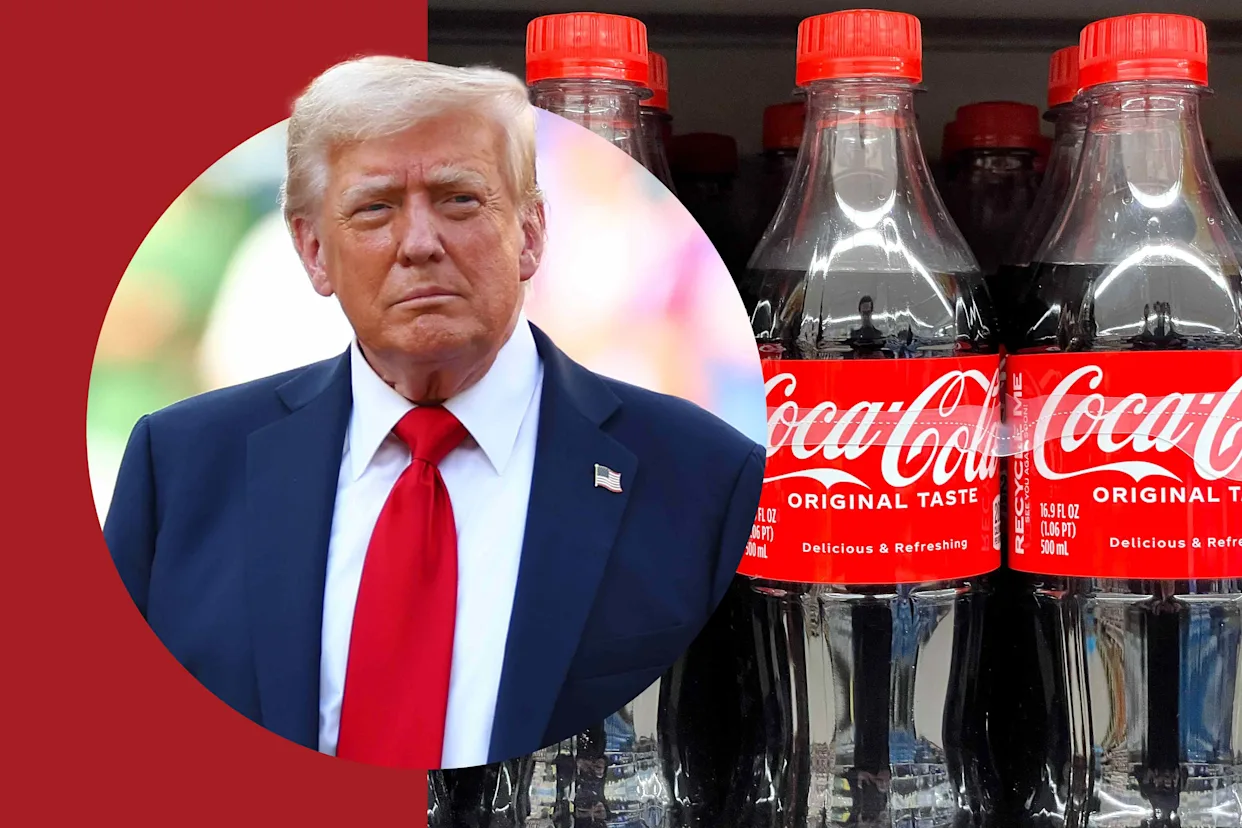







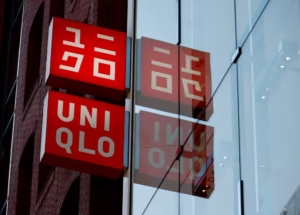
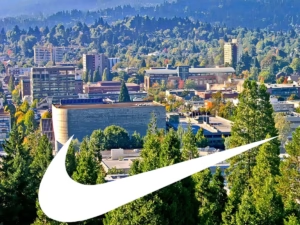
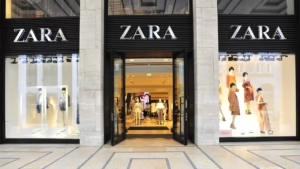
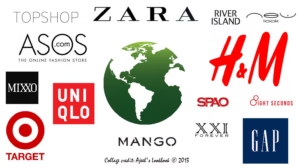
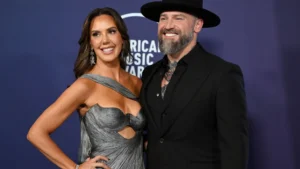

Post Comment